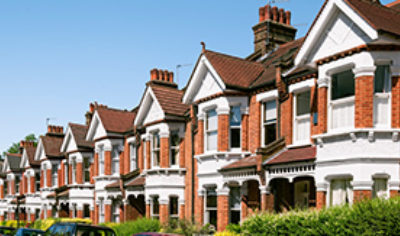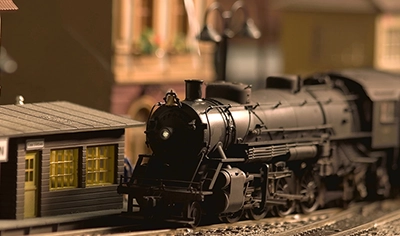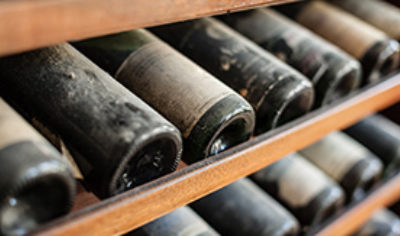Romania has been tipped as a top place for investors to acquire property at bargain prices. Although prices have increased quite considerably in recent years, they are still relatively cheap compared to other European countries. Romania in line with many other European countries, can suffer from severe flooding and has been known to experience the odd earthquake. In 2004 a strong earthquake measuring of 5.8 on the Richter scale and centred in Vrancea, hit the country) Holiday, second home insurance and cover for investment property is now available from the United Kingdom and should cover a wide range of insurance perils. Assetsure are able to help arrange insurance for a Romanian holiday home. If you are letting your property, you will need to make sure that it includes the correct form of liability insurance cover. It is worth noting that most insurance policies will also include a sum insured for loss of rent or alternative accommodation. Such cover is usually afforded under policies but only in respect of claims arising out of an insured peril occurring at the risk address. It will not normally provide cover following a default in payment by the tenant.
Why Buy a Holiday Home in Romania? – On 01st January 2007, Romania became a member of the European Union and the president of Romania stated that EU entry was an enormous chance for future generations. Certainly, investors from outside of the country have been pouring money in to buy property which is still considered very cheap. The infrastructure of the country is improving rapidly and Romania is one of the most stable and prosperous states of central Europe. The economy is growing at steady pace ( 7% per annum) and according to a recent World Bank Study, Bucharest, the capital city is set to double it’s population in the next ten years to in excess of 4 million persons. This creates good opportunities for property investors looking for long term rental options. Among the places that are attracting a lot of growth at the moment are the following; Bucharest, Ploiesti, Constanta, Cluj, Oradea, Brasov, and Timisoara. The main holiday home areas are: Alba, Arges, Bacau, Bihor, Bistrita-Nasaud, Botosani, Brasov, Buzau, Calarasi, Caras-Severin, Cluj, Constanta, Covasna, Dâmbovita, Dolj, Galati, Giurgiu, Gorj, Harghita, Hunedoara, Ialomita, Iasi, Ilfov, Maramures, Mehedinti, Mures, Neamt, Olt, Prahova, Salaj, Satu Mare, Sibiu, Suceava, Teleorman, Timis, Tulcea, Vâlcea, Vaslui and Vrancea.
How to Buy a Holiday Home in Romania – The process of buying a property in Romania is still a little complicated but it is hoped that in time this will change. Foreigners are not permitted to buy land in the country and thus, unless you are buying anything other than an apartment, you need to set up a limited company ( In Romania) to get around the problem of actually owing the land that your building stands on. Whilst this is not overly cumbersome, you could expect to pay around £1000.00 to set the company up. You will definitely need good quality legal advice and it may be worth paying a little extra to make sure you get it. There will be estate agents they will offer to help you but you should be aware that a few people have been victims of scams in the past and thus it is of paramount importance to deal only with reputable companies. Investors are taking note that the law relating to foreign ownership of properties is set to change in perhaps as little as a few years time. This will see the same rights bestowed on citizens of other European union member countries as Romanians. This will greatly simplify property purchase and prices may increase again. A solicitor will be able to help set up the required company for you and should be able to brief you on any special laws or permits that are required before you can let your property. A frequent mistake that is made by investors is assuming that rental property laws are the same in every country, they are not and careful consideration should be applied to the letting procedure. As in most countries, the sale will begin with a verbal offer and acceptance but before the purchase process begins, the vendor will have to provide provide a fiscal certificate and a certificate to confirm that the property belongs to him or her. They must also state that the property has no mortgages or other legal encumbrances attached to it. As the buyer, you may be asked to sign a preliminary contract as an agreement to purchase the property and it is usual at this stage to pay a deposit. The final contract has to be signed by both parties in front of a notary. Some of the costs involved with the purchase of property are as follows; a stamp duty, including a fixed amount and percentage calculated on the value of the property usually ranges from 0.5% to 3%.Mortgages and transfers of property must be certified by a notary. The fee is of course negotiable but normally ranges from 0.5% to 1.5% of the property purchase price.
























